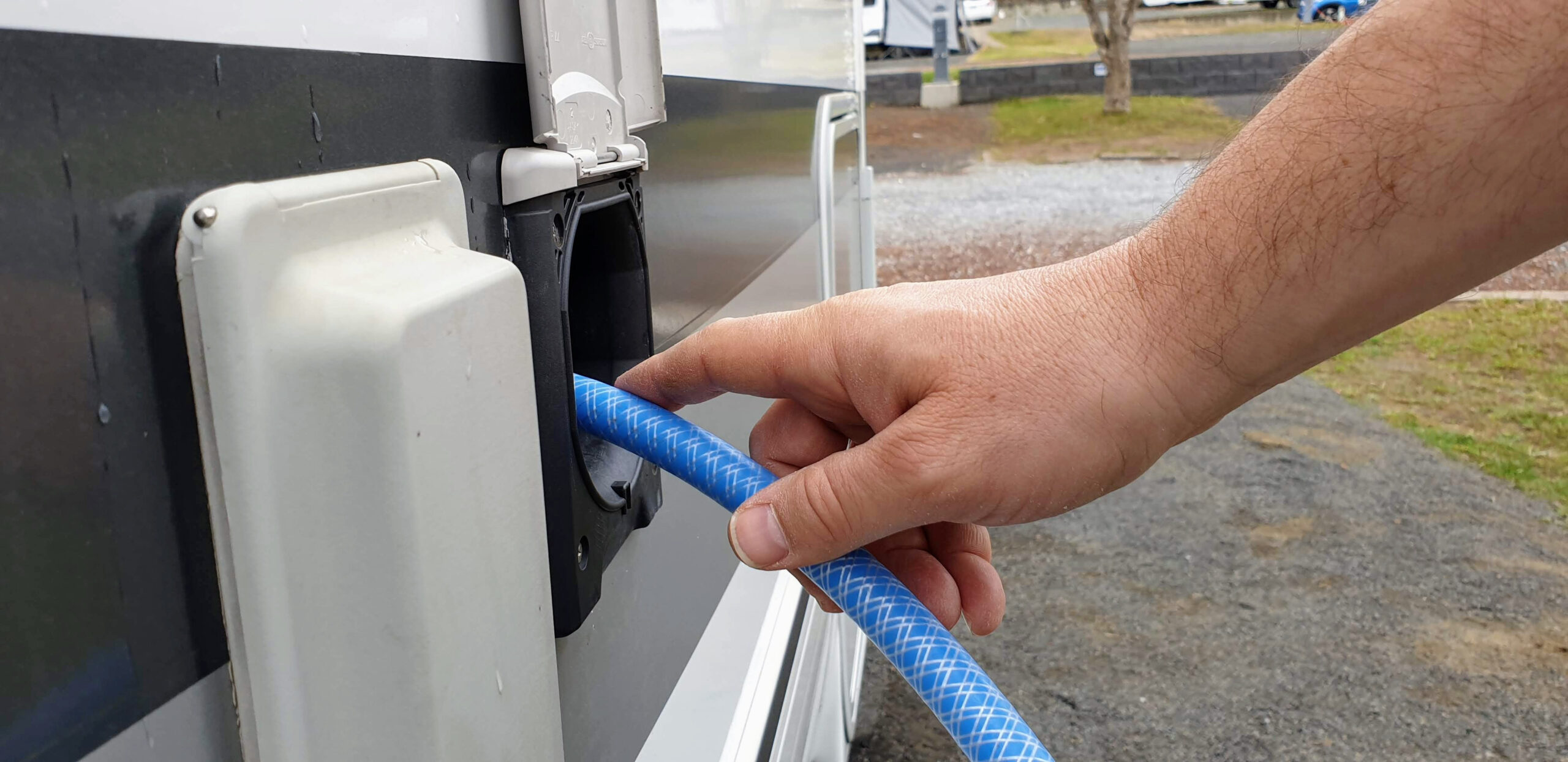In today’s competitive business landscape, managing resources efficiently is paramount for success. One critical resource that demands attention is water. A corrugated steel water tank offers a robust, flexible, and cost-effective solution for water storage, catering to a wide range of industrial and agricultural needs. With their distinctive ribbed design, these tanks provide superior durability and strength, ensuring long-term water storage solutions that can withstand various environmental conditions. Incorporating such a tank into your operations not only secures your water supply but also enhances sustainability practices within your business.
Cost-effectiveness and sustainability in water management
Corrugated steel water tanks are an investment in your business’s sustainability and financial health. Their initial setup cost is often offset by the long-term savings they offer. These tanks reduce the need for frequent replacements due to their durability and resistance to environmental stressors. Moreover, by enabling rainwater harvesting and promoting water recycling, they contribute to lowering water consumption costs. Businesses can leverage these savings in operational costs to invest in other areas, driving growth and sustainability. The versatility of corrugated steel water tanks is a significant asset for businesses across various sectors. Whether you operate in agriculture, manufacturing, or any other industry requiring large-scale water storage, these tanks can be customized to meet specific needs.

Ensuring reliability with easy maintenance and durability
The reliability of your water storage solution is critical to uninterrupted business operations. Corrugated steel water tanks are renowned for their easy maintenance and exceptional durability. Routine inspections and minor upkeep are generally all that’s needed to keep these tanks in optimal condition. Their resistance to corrosion and ability to withstand extreme weather conditions mean that businesses can rely on a consistent water supply, safeguarding against operational disruptions and ensuring that production processes remain efficient.

